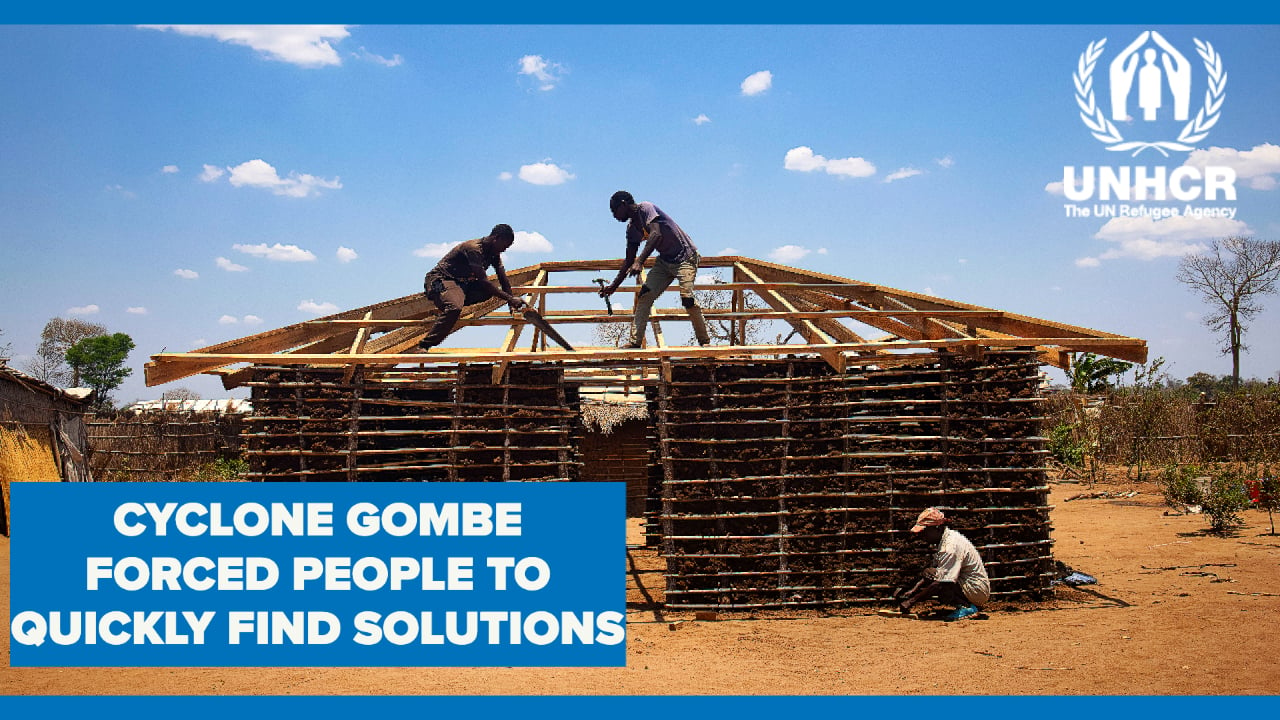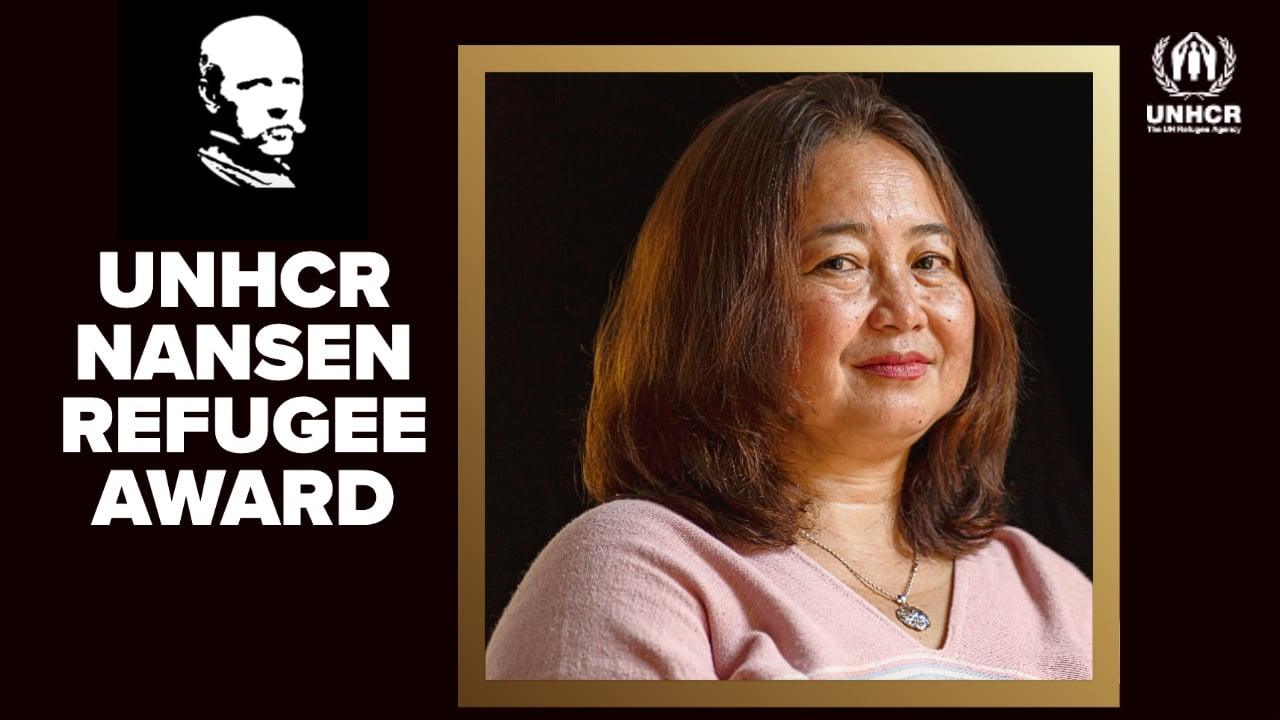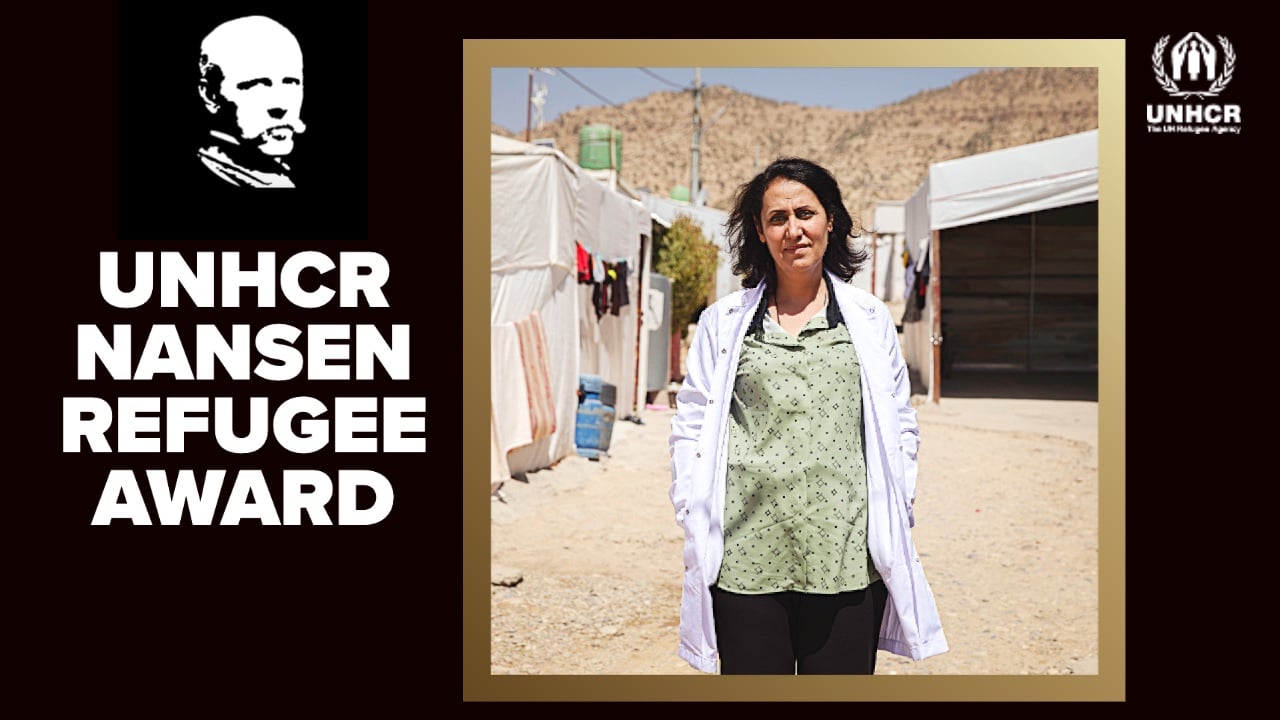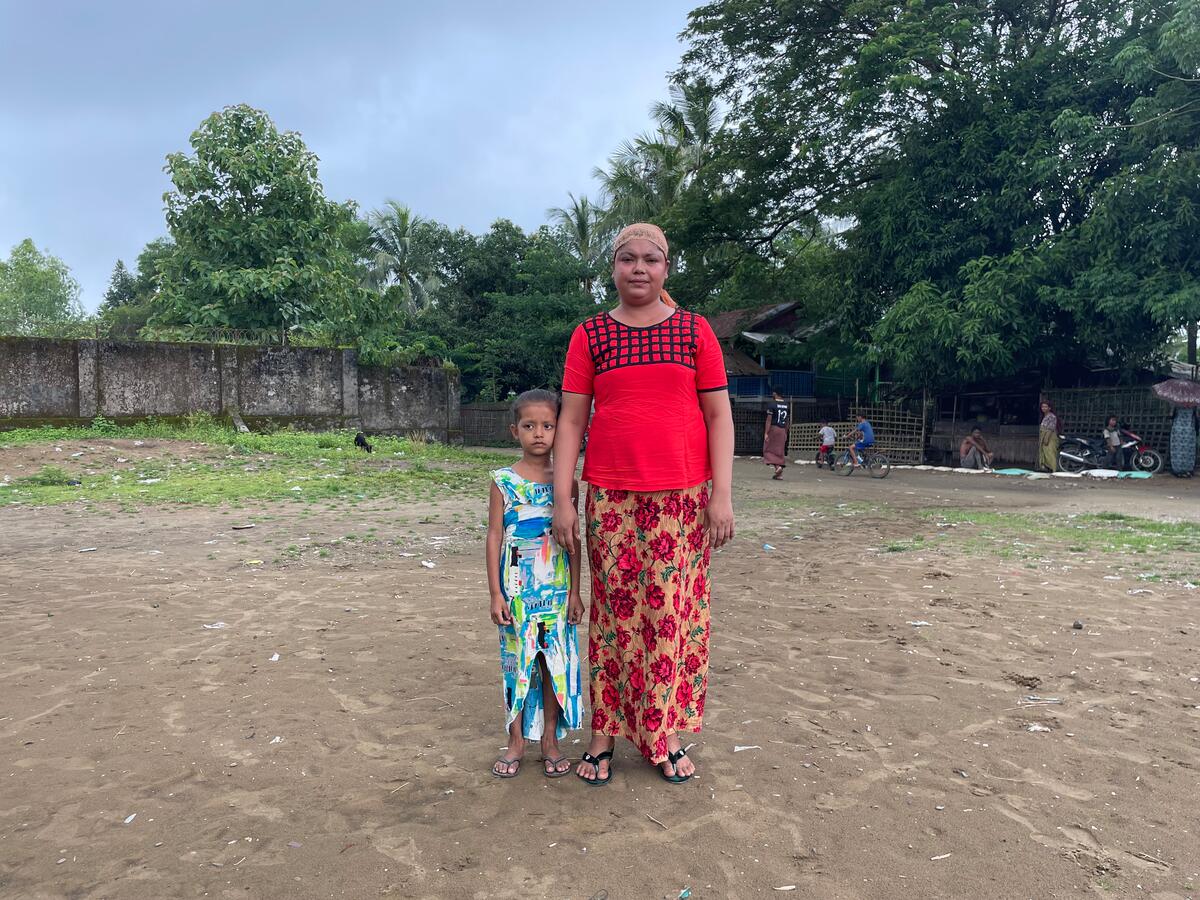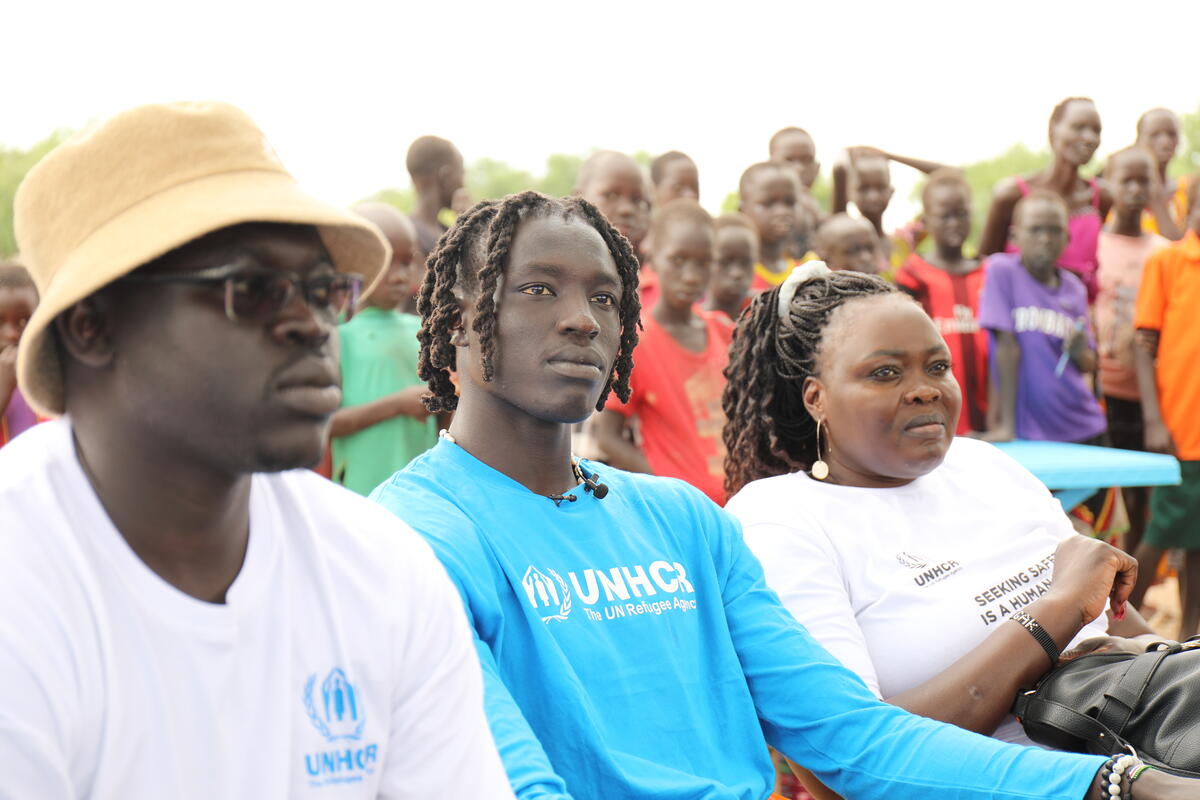UNHCR sends aid to help displaced Somalis
UNHCR sends aid to help displaced Somalis

MOGADISHU, Somalia, November 13 (UNHCR) - The UN refugee agency is sending more aid supplies to thousands of displaced Somalis as the exodus from Mogadishu to outlying areas continues amid fighting between Ethiopian troops and insurgents in the strife-torn city.
Over the last two weeks, an estimated 173,000 people have fled from Mogadishu - nearly 90,000 of them to Afgooye, some 30 kilometres to the west of the Somali capital.
Another 33,000 have been displaced to various other places around Mogadishu, while thousands more have gone to other locations in the province of Lower Shabelle.
UNHCR staff reported on Tuesday morning that private trucks were still evacuating families from Mogadishu to Afgooye, which is struggling to cope with more than 150,000 internally displaced people (IDPs) who have fled there since the beginning of this year.
On Monday, UNHCR emptied its Mogadishu warehouse of the last remaining aid supplies - enough for 2,500 families - and sent them by truck to the Afgooye area for a planned distribution on Wednesday.
The drivers, however, were complaining of difficulties at checkpoints, where soldiers have been demanding payments of up to US$300 before letting the aid through.
Wednesday's planned distribution, in coordination with various NGOs who are also trying to deliver aid supplies, will focus on 15 settlements housing thousands of IDPs in Lafoole near Afgooye. Partner NGOs were in the settlements Tuesday providing tokens to heads of families, who will exchange them tomorrow for aid supplies.
The needs in the Afgooye area remain immense. People can no longer find space for shelter around the town itself. Many families are simply living under trees. Although several NGOs are trucking water to the sites, it is not enough to meet demand. There are long queues around water trucks and some IDPs report having to wait in line for up to six hours for 20 litres of water.
Last week, a UN inter-agency team travelled to Afgooye and found thousands of newly displaced Somalis living in extremely harsh conditions. Fifteen new makeshift settlements had mushroomed along the road between Mogadishu and Afgooye, bringing to 60 the total number of spontaneous camps lining the route.
In Mogadishu itself, Ethiopian troops are continuing with their hunt for insurgents and weapons, mainly in and around the sprawling Bakara market - the capital's main trading centre. Yesterday, the house-to-house search and street patrols for insurgents expanded to six of the city's 16 districts, trapping civilians in some areas.
All roads leading to districts such as Hawlwadaag, Hodon and Wardigle and to Bakara market in south Mogadishu were sealed off by Ethiopian troops. Other areas such as Dayniile, Yakhshiid and Huriwaa to the north were also affected, restricting the movement of civilians. Residents in some of the areas said soldiers had been posted on rooftops.
A woman trapped in her home in the Hodon district said by phone that there were soldiers outside her house. She said she and her children had been ordered to stay indoors although they had no food, water or electricity. Soldiers told her that anyone moving about would be shot on sight.
In other parts of the city, those who could leave their homes fled on foot or used donkey carts or wheelbarrows to reach safety. There was little vehicle traffic due to the closure of many major roads leading into and out of the city.
On Tuesday morning, there were reports that some parts of Bakara market had reopened, but roads leading to and from the area remain sealed off.
The total number of IDPs in Somalia has risen to 850,000. This figure includes some 450,000 who have been displaced by conflict in Mogadishu since February this year.


